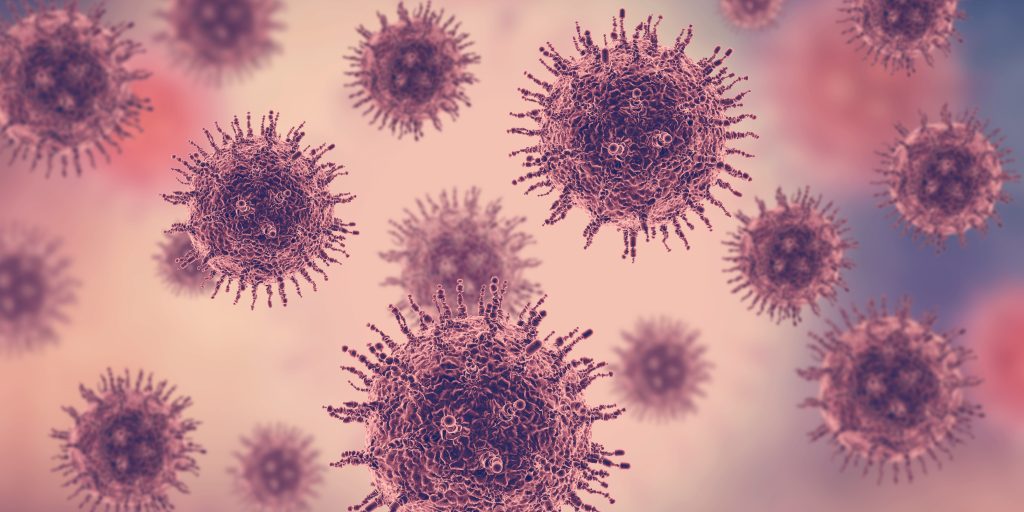
Kerala Faces Its Fourth Nipah Virus Outbreak Understanding the Challenges and Causes
Kerala Faces Its Fourth Nipah Virus Outbreak: With a total of six cases this year, Kerala has experienced its fourth outbreak of the Nipah virus since 2018. As a result, the state has established containment zones in a number of locations that are similar to the COVID-19 control measures. Schools have been closed, and those who are more at danger have been urged to stay indoors.
The Kerala government is putting a lot of emphasis on therapy in addition to strict preventive measures. India has contacted Australia to obtain monoclonal antibodies for the treatment of the Nipah virus.
Why does Nipah Virus spread in Kerela almost every year?
Kerala experienced its first Nipah outbreak in 2018. Prior to 2018, India saw two further Nipah outbreaks, both of which occurred in the state of West Bengal. Since 2018, Kerala has been the only place where Nipah outbreaks have been documented.
Nipah-related cases were reported in Ernakulam in 2019 and Kozhikode in 2021, respectively. Since the Nipah virus is zoonotic, it can transfer from person to person or from animals to humans. The exact mechanism of the early human infections is yet unknown.
According to the former health minister KK Shailaja, the current epidemic is not as frightening as the one in 2018, when the state had no prior experience managing the condition.
The Nipah virus is believed to be spreading among bats in nine states and one Union Territory. As per a study by the National Institute of Virology, Kerala, Tamil Nadu, Karnataka, Goa, Maharashtra, Bihar, West Bengal, Assam, Meghalaya, and Puducherry have all been confirmed to carry monoclonal antibodies to Nipah virus.
But why is Kerala the main place where Nipah is making a comeback?
Experts offer multiple explanations for this. One theory is that Kerala’s bat population has developed an endemic strain of the Nipah virus. The custom of ingesting freshly harvested date palm sap, which might be tainted by sick bats, is another cultural element that may aid in the disease’s spread. Although it hasn’t been found yet, experts haven’t ruled out the potential that Nipah exists in other states.
Dr N Agarwal states on NiV spreading in Kerela, “Immediate measures include the ways to contain any further spread of the virus. Some of these measures included contact tracing, setting up isolation wards, and public awareness campaigns about the symptoms and prevention.”
She adds, that the main challenges in treating patients of Nipah virus are,
No Specific Treatment: Intensive supportive care is the primary mode of treatment for affected patients.
Transmission Dynamics: The exact mode of transmission, especially in the Kerala outbreaks, wasn’t always clear. While consumption of date palm sap contaminated by infected bats is a known route in other regions, this wasn’t the primary cause in Kerala.



